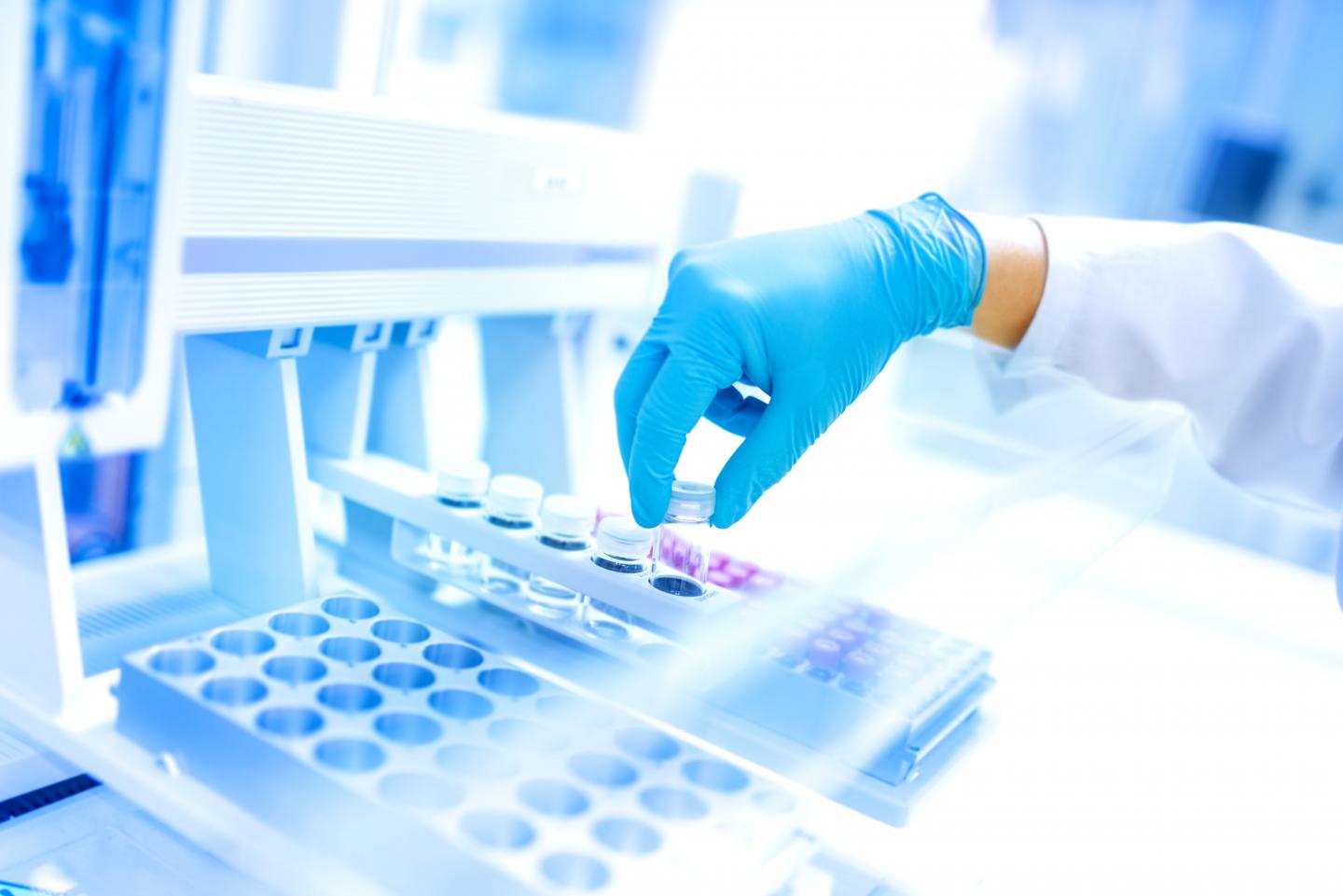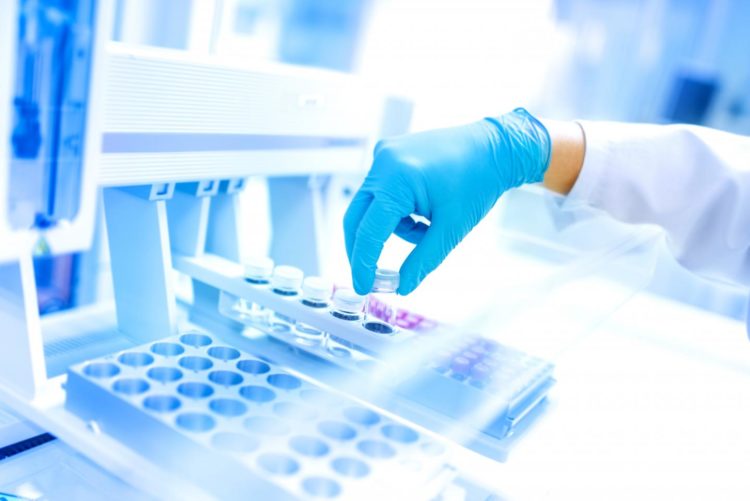Cost effective radiation technique targeted

Credit: Image: IMCRC
People with hard-to-reach cancers in the kidney, gut and prostate will have improved hope for early diagnosis and treatment with new research aimed at increasing the shelf life of revolutionary radiation drugs.
Funding of AU$2.5 million will kickstart a two-year manufacturing research project that will harness the combined expertise of the School of Chemistry, Bio21 Institute, University of Melbourne and the Peter MacCallum Cancer Centre to increase the shelf-life of radiation drugs, so they can be shipped to patients globally.
Telix Pharmaceuticals and Cyclotek, with co-funding from of the Innovative Manufacturing Cooperative Research Centre (IMCRC), will contribute AU$1 million to the project and will lead the research to create a manufacturing production process. They will also work with external partners, iphase Technologies and GenesisCare, to develop and streamline the manufacturing process.
Radiation drugs, known as ‘radiopharmaceuticals’, can be used to locate and see cancer cells in the body, including hard-to- reach places using the imaging technology, Positron Emission Tomography (PET).
By capturing the radio isotope in a selective ‘cage like’ molecule and fusing it to a targeting molecule, the radiation can be directly transported to the cancerous cells for detection of tumours.
In the case of kidney, neuroendocrine and prostate cancers, there are specific ‘homing’ molecules that can transport the radioactive cargo to the cancer cells, including those that are hidden in the hard-to-reach nooks and crannies of the body like the gut, kidney and prostate.
Again, the process makes it possible to diagnose cancer cells that would otherwise go undetected. Once diagnosed, a higher energy radioisotope can then be used to destroy the cancer cells.
The ability of the drugs to target cancer cells also reduces the number of healthy cells that are damaged by more traditional ways of administering radiation therapy.
“It has taken years of basic research at the School of Chemistry, Bio21 Institute, to develop the carrier compounds that are the principle behind this technology,” said Professor Paul Donnelly from the School of Chemistry, Bio21 Institute at the University of Melbourne. “It’s exciting to see these compounds being developed for clinical use and manufacture.”
Currently, isotopes are being produced locally within the Peter MacCallum Cancer Centre for cancer patients by the company, Cyclotek.
“The challenge is to create radio-labelled diagnostic and therapeutic agents with a longer half-life, that lend themselves to manufacture and distribution beyond the hospital walls,” said Michael Wheatcroft of Telix Pharmaceuticals.
Mr David Chuter, the CEO and Managing Director of the Innovative Manufacturing CRC, said the manufacturing research project will open up a world of potential to treat cancer more effectively.
“The project will build the foundation to safely and cost-effectively manufacture life changing targeted cancer radiation drugs in Australia, and export them to the world.”
###
Media Contact
Lito Viisoni Wilson
[email protected]
61-466-867-909
Original Source
https:/





